April 22, 2015 | Posted in JAZZ | By Jason Sositko
Saxophone sermon from on high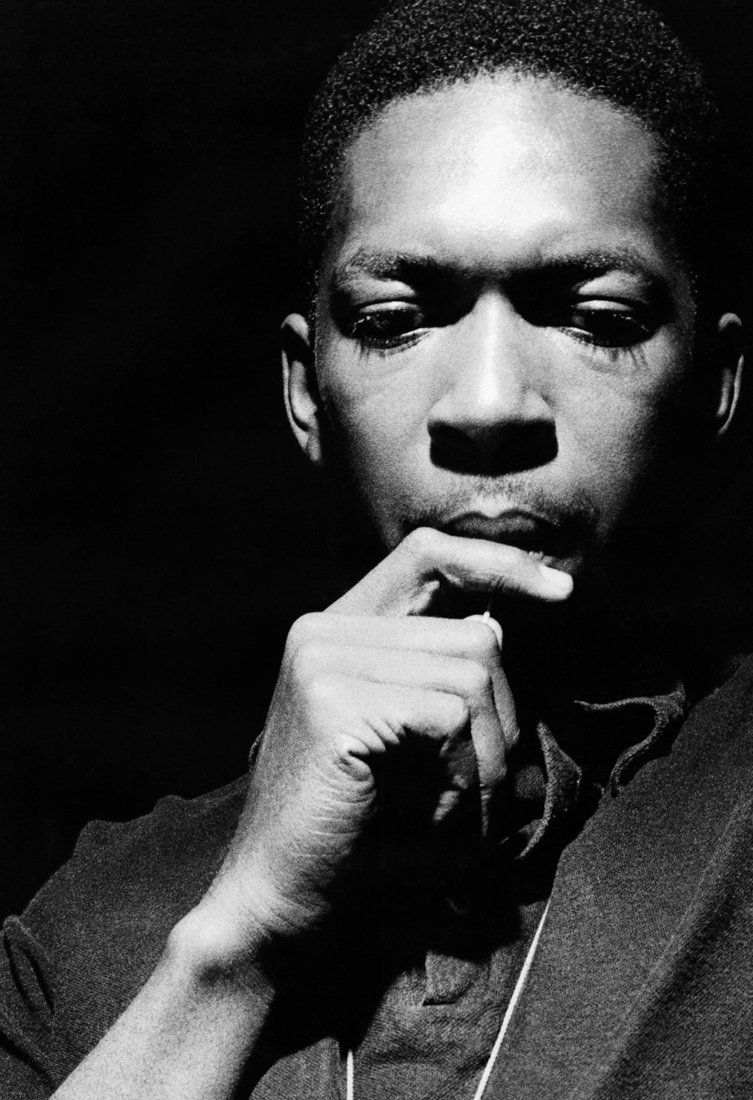
John Coltrane (1926-1967) was the greatest saxophonist who ever lived, only Charlie Parker comes close.
To say Coltrane is God’s saxophonist would not be hyperbole at all in my mind. Something about his tenor sax tone, his post 1960 sound in particular, somehow expresses the human need for answers.
Coltrane’s sound has a way of cutting through the niceties, all the white wash, exposing the visceral truths that lie underneath. “Alabama” is perhaps his masterpiece in this regard.
“Alabama” was Coltrane’s response to the Birmingham Alabama Klu Klux Klan bombing of the 16th Street Baptist Church on September 15, 1963.
“Alabama” is one of the most achingly beautiful sermons John William Coltrane ever delivered to the masses.
Photo used with permission: John Coltrane
Saying what needs to be said:
The first time I heard “Alabama” some 15 years ago, I had no idea the back story. I had no idea that Coltrane was playing for 4 beautiful African-American girls who had their lives snuffed out that fateful day down south.
To me, no other artist, except possibly the Harmon muted Miles Davis comes close to Coltrane for playing without pretension. Miles and Coltrane both had an incredible knack for speaking the truth through their instruments. Coltrane was able to capture the anguish of a people trying to make sense of a senseless act.
Live performance of “Alabama”
John Coltrane’s performance of “Alabama” on a show called Jazz Casual with Ralph J. Gleason is very nice faithful rendition. I love the expressions on their faces through the smokey atmosphere.
The spiritual John Coltrane
Related posts at Spacial Anomaly
Table of Contents
Jason Sositko
Jason Sositko, a freelance writer and entrepreneur is a participant in the Amazon Services LLC Associates Program, an affiliate advertising program designed to provide a means for sites to earn advertising fees by advertising and linking to Amazon.com. I also use services such as Viglink and Skimlinks to earn income via links placed inside articles.
1 Comment
Leave a Reply
*
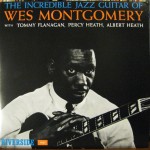
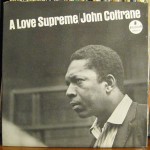
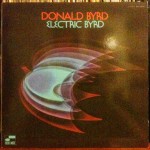
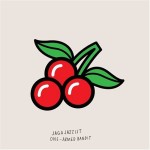








ZITA CARNO
February 15, 2020
I will never forget that one afternoon when my mom and I were listening to jazz. Then John Coltrane’s recording of “Alabama” started, and suddenly Mom let out a gasp and grabbed my arm and would not let go—so I just took her in my arms and held her while we listened to this incredibly powerful work in silence. When it was finished, she recovered her voice and told me that with the first notes of the recitative she had had a flashback to a childhood memory—of growing up in what is now Ukraine, and a Friday night when she and her family had been in the synagogue for the evening service. The cantor—a great storyteller as well as a fine singer—and been relating a horror story of how the ancient Hebrews had suffered and struggled centuries ago, and I understood immediately. I told her that Coltrane, a great favorite of both of us, had been talking to us—to her, to me, and to all the thousands of folks of all persuasions were now, in the 1960s, still suffering and struggling under eerily similar circumstances. She too understood, and we sat there and remembered– then, long ago, and now, in the mid-20th century. And we both experienced, on a deep level, this incredible tenor saxophonist’s power to communicate through his instrument, as he had just done with us.